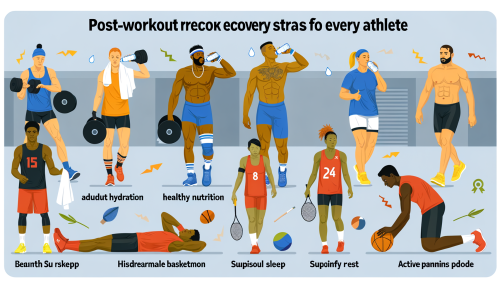Introduction
In the labyrinth of health and wellness, the concept of a balanced diet often gets lost in translation. The myriad of nutrition myths, particularly for women, further complicates the journey towards achieving optimal health. This article aims to debunk these myths, shed light on the essential nutrients for women, and provide a comprehensive understanding of what constitutes a balanced diet.
Debunking Diet Myths

The realm of nutrition is riddled with misconceptions and half-truths, many of which are disproportionately targeted towards women. One such myth is the notion that all fats are detrimental to health. Contrary to this belief, certain fats, such as monounsaturated and polyunsaturated fats, are vital for the body’s functioning. They aid in nutrient absorption, hormone production, and provide a source of long-lasting energy.
Another prevalent myth is the idea that skipping meals can aid in weight loss. This misconception stems from the simplistic view of calories in versus calories out. However, skipping meals can lead to nutrient deficiencies, decreased metabolism, and increased likelihood of overeating later in the day.
The third myth that needs debunking is the belief that carbohydrates are the enemy. While it’s true that excessive consumption of refined carbohydrates can lead to weight gain and other health issues, complex carbohydrates are an essential part of a balanced diet. They provide the body with energy, fiber, and various essential nutrients.
Essential Nutrients for Women
Women have unique nutritional needs that vary throughout different stages of life. Iron, for instance, is a crucial nutrient for women, particularly during their reproductive years, due to the loss of iron during menstruation. Iron deficiency can lead to anemia, fatigue, and weakened immunity.
Calcium and Vitamin D are also essential for women’s health. These nutrients work in tandem to support bone health, which is particularly important as women age and the risk of osteoporosis increases.
Folic acid is another nutrient that holds significant importance for women, especially those in their childbearing years. It aids in the prevention of neural tube defects in newborns and supports overall health.
Understanding Balanced Diets
A balanced diet is not about strict restrictions or depriving oneself of the foods one loves. Rather, it’s about feeling great, having more energy, and stabilizing one’s mood. It involves consuming a variety of foods in the right proportions to achieve and maintain optimal health.
A balanced diet includes a mix of different food groups: carbohydrates for energy, proteins for growth and repair, fats for nutrient absorption and energy, vitamins and minerals for various bodily functions, and fiber for a healthy digestive system.
Portion control is another crucial aspect of a balanced diet. Consuming too much of even the healthiest foods can lead to weight gain and other health issues. Therefore, understanding portion sizes and eating mindfully is as important as the quality of food consumed.
Conclusion
In conclusion, navigating the world of nutrition doesn’t have to be a daunting task. By debunking common diet myths, understanding the essential nutrients for women, and grasping the concept of a balanced diet, women can make informed decisions about their health and wellness. Remember, the journey to optimal health is a marathon, not a sprint, and every step taken towards a balanced diet is a step in the right direction.





